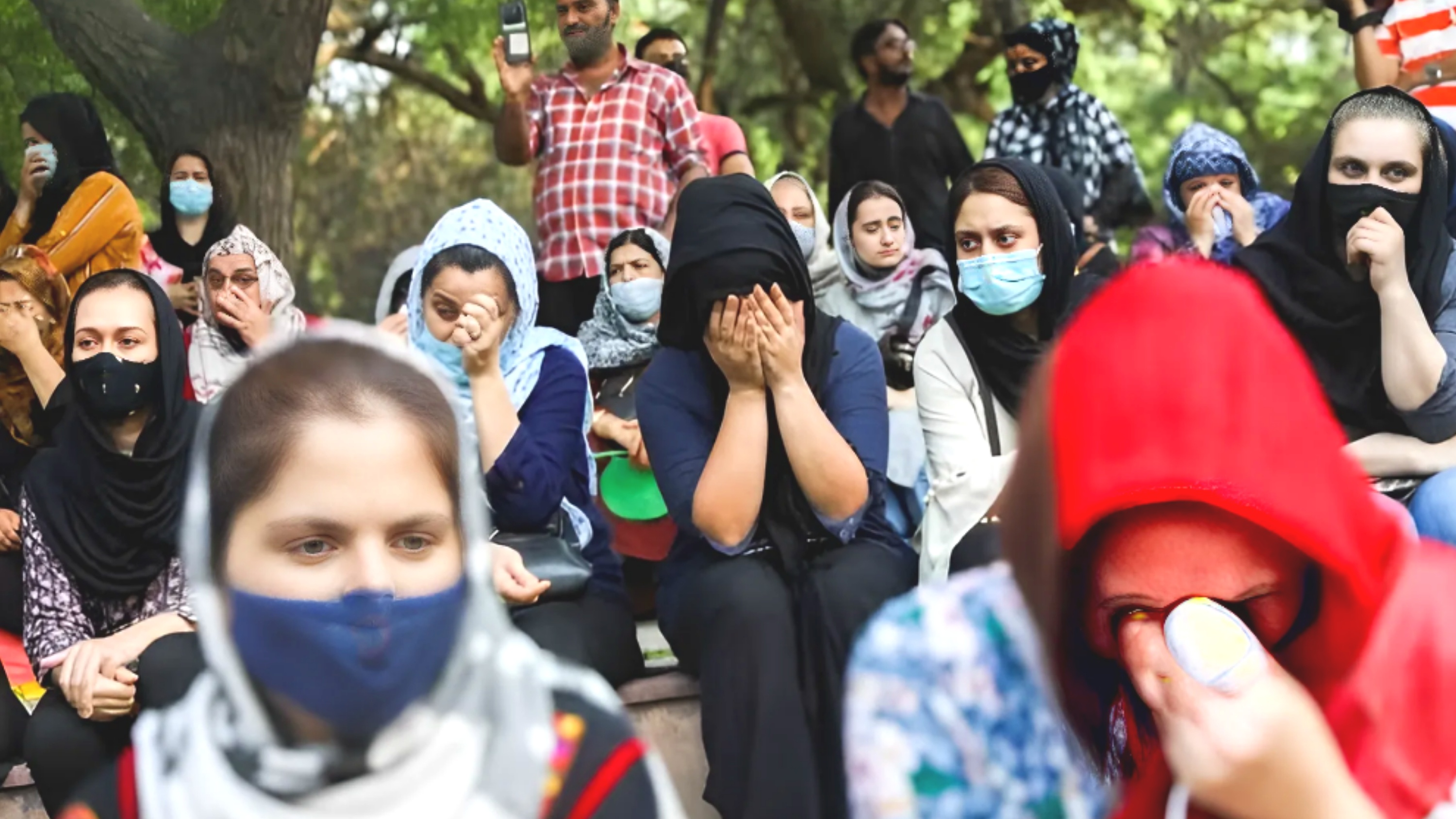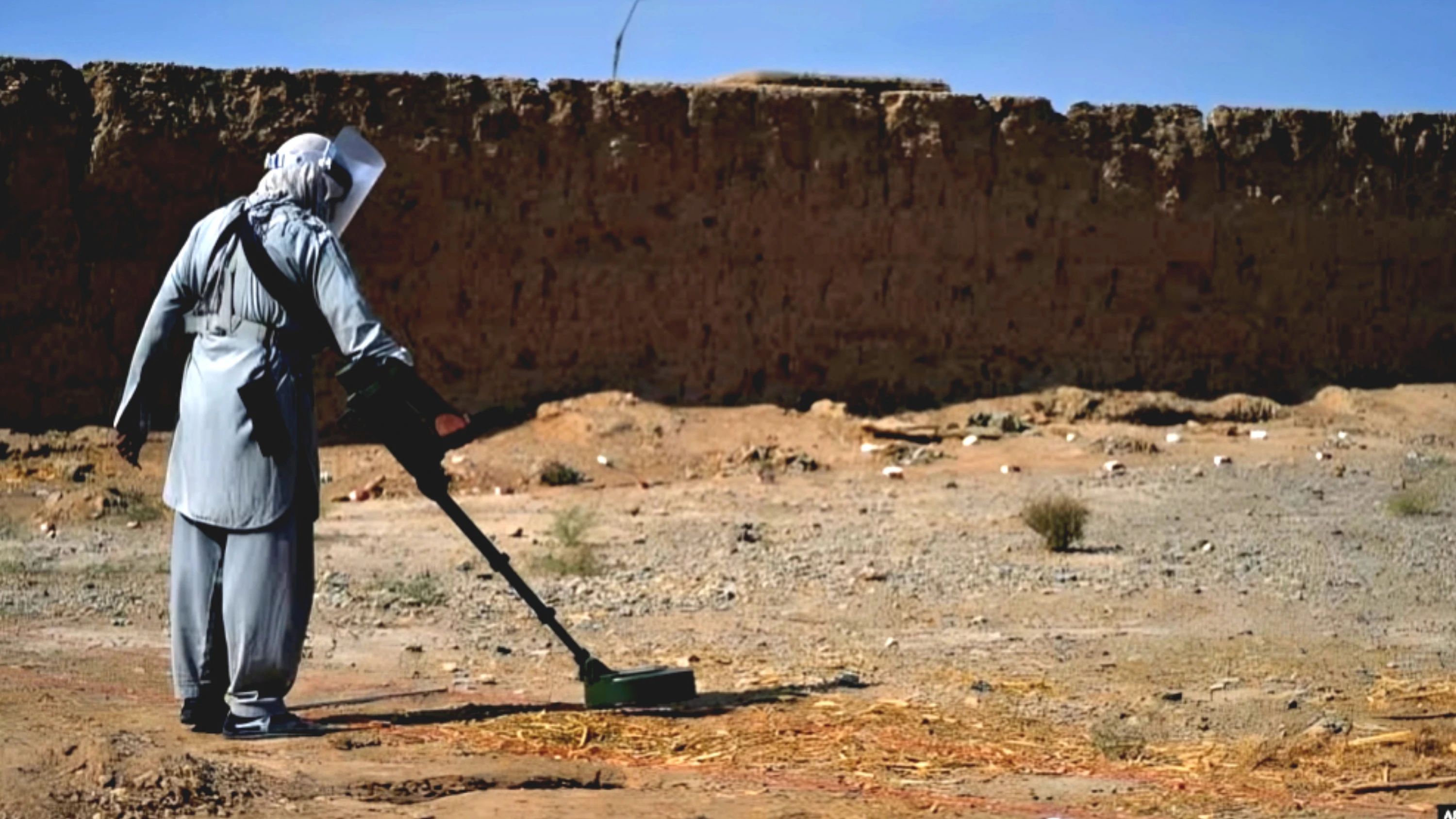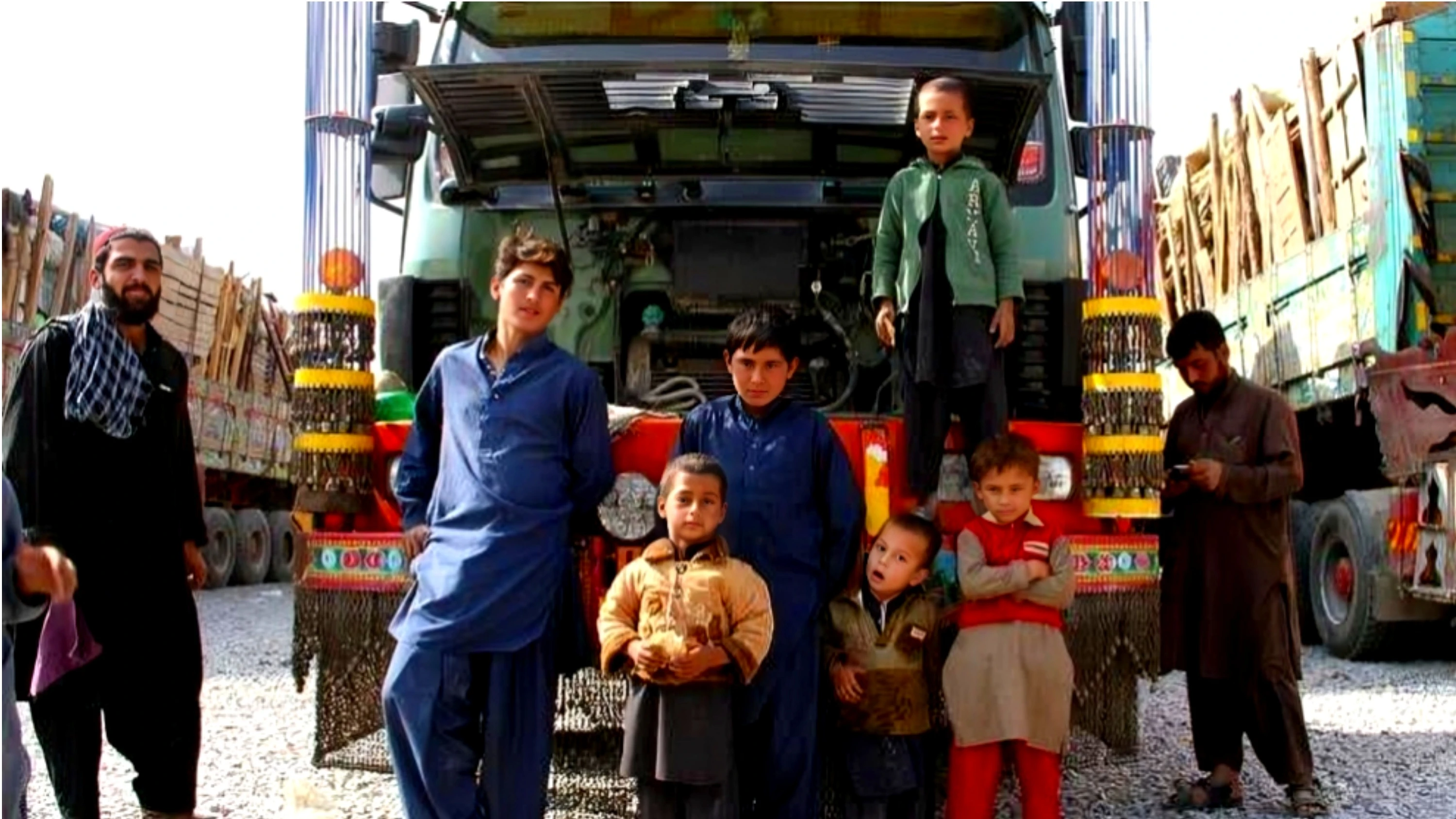Islamabad – Amnesty International has raised concerns about the ongoing detention and deportation of Afghan refugees by Pakistani authorities in the capital, Islamabad. The organization has called for an immediate halt to these actions and urged the Pakistani government to repeal its new policy requiring additional documentation for Afghan refugees to remain in the city.
In a statement released on Friday via the social media platform X, Amnesty International said the actions of the Islamabad police have left Afghan refugees starting the new year in fear and distress.
"Afghan refugees began the new year under a cloud of fear and grief as hundreds were arbitrarily detained during nighttime raids by the Islamabad police," the statement read.
The organization called on Pakistan to end these measures and withdraw the policy that mandates Afghan refugees to obtain additional permits from the police to stay in Islamabad. It argued that this policy exacerbates the plight of an already vulnerable group.
While Pakistani officials have yet to respond to Amnesty International’s statement, Pakistan’s Foreign Ministry spokesperson, Shafqat Ali Khan, defended the government’s decision during a press conference on Thursday. He clarified that the deportation policy is not targeted at any specific nationality but applies to all undocumented foreign nationals residing in Pakistan.
“Our repatriation policy is clear and applies to anyone without legal documents, not just Afghans. It is a standard practice for states to manage undocumented migrants,” Khan said.
Recent reports indicate that Islamabad police have intensified operations against Afghan refugees, conducting raids on their residences, detaining individuals, and forcibly deporting them to Afghanistan. Refugees claim that women and children are also among those detained.
Before Amnesty International's statement, the Afghan Embassy in Islamabad, operated by the Taliban administration, had expressed concerns over the arrest and harassment of Afghan nationals. On January 15, Afghanistan’s chargé d'affaires, Sardar Ahmad Shakib, met with the head of the UNHCR office in Pakistan, Filippo Grandi, and called for immediate action to address these issues.
The embassy noted that Afghan nationals, even those with legal documents such as POR (Proof of Registration), ACC (Afghan Citizen Card), or SHARP tokens, face detention and harassment. It also alleged that police demand bribes and extort money from refugees.
Earlier in January, the embassy reported that nearly 800 Afghan refugees had been arbitrarily detained and forcibly deported by Pakistani authorities, resulting in the separation of families and distress among refugees.
The crackdown escalated after the caretaker government of Pakistan announced that, starting January 1, 2025, Afghan refugees would need a residency permit issued by Islamabad police to remain in the city. Pakistani authorities stated that this policy is part of a broader initiative to manage undocumented migrants.
According to UN reports, there are currently 3.2 million Afghan refugees in Pakistan, including over 600,000 who fled Afghanistan following the Taliban's return to power in August 2021.
Pakistan’s deportation policy, first announced in October 2023, has faced criticism from international organizations and human rights groups. Since November 2023, approximately 800,000 Afghan refugees have been deported from Pakistan.
The new measures have drawn widespread condemnation from the United Nations and other human rights organizations, which have called on Pakistan to ensure the protection and rights of Afghan refugees.








